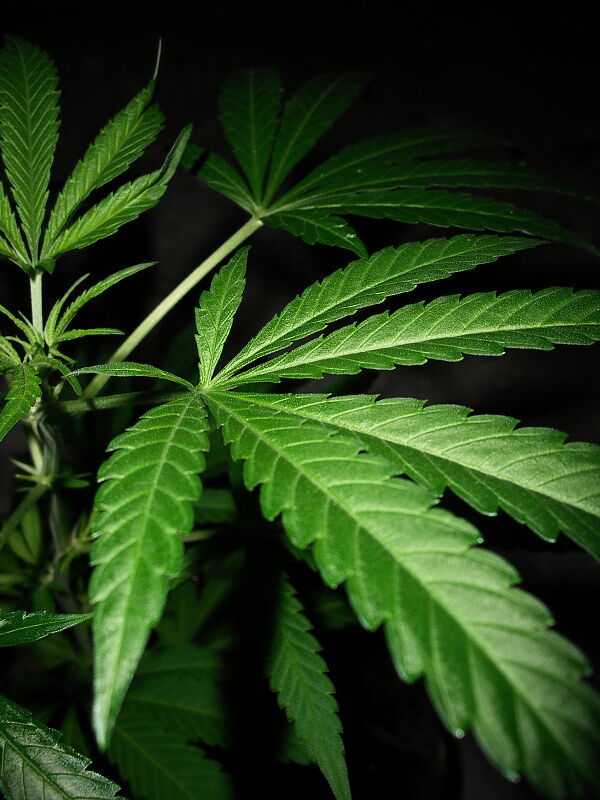Ames City Council diverges from Des Moines City Council’s push to legalize marijuana
Marijuana legalization became increasingly popular in elections since Colorado legalized it in 2014.
February 11, 2021
Editor’s note: A previous version of this article stated the Ames City Council won’t pursue the legalization of marijuana. The article has been updated to clarify the Des Moines City Council took action on the issue recently, while the Ames City Council has yet to discuss the topic as of now. The Daily regrets this error.
While the Des Moines City Council has made a push to reduce the punishment for recreational marijuana. As of now, the Ames City Council has not pursued the same path because the city has yet to discuss the topic.
The Des Moines City Council also unanimously decided to draft an ordinance bill that would make the personal use of marijuana a municipal infraction. The goal of this is to start things moving now so if there are any big changes in the future, the city will already be on top of it.
Several of the Des Moines City Council members also said they will encourage and push state lawmakers to legalize or at the very least decriminalize the use of marijuana.
On the surface, this doesn’t seem like an important issue. However, this isn’t just a Des Moines or Iowa issue. In fact, the legalization of marijuana has been up for debate in almost every state since Colorado fully legalized it in 2014.
According to Zach Bonner, a lecturer of political science, due to the way our government is set up, states have the right to legalize certain statutes; however, the federal government still has the final say on every issue. So this leaves the legalization of marijuana in a gray area. Technically, it is legal in some states, but in neighboring states it’s not. But the federal government still has the final say.
“I think, number one, it should be regulated like alcohol,” said Des Moines Ward 3 Rep. Josh Mandelbaum. “In terms of effects, it’s no more harmful or less harmful than alcohol as a controlled substance. On top of that, the harm that it has created is the vast disproportionate rate of arrests. Black Iowans are arrested seven times more than white Iowans. Legalization solves that. It proves [there is] a controlled way for it to exist.”
As Mandelbaum suggested, the legalization of marijuana could help the city improve in other areas. Another possible solution could be a change in how marijuana restrictions are enforced throughout the city.
“To fully legalize and decriminalize it, we need state action — it’s the power we give to enforce it,” Mandelbaum said. “We have the ability to put it at a lower level. For example, not everyone gets a speeding ticket, so we could do something similar.”
The city of Ames, however, does not have any plans to address this in the near future.
“As of today, there have been no council conversations regarding marijuana,” Mayor John Haila said. “This includes placing this topic on a future council agenda.”
Students at Iowa State share similar thoughts with the Des Moines City Council. A large majority of the students that were interviewed supported the idea of having marijuana fully legalized. However, some students brought up concerns about how there still needs to be some sort of regulation in place.
“The best way to address this issue is to tackle it statewide,” Mandelbaum said. “We need to have full legalization and to treat marijuana like we treat alcohol.”

















